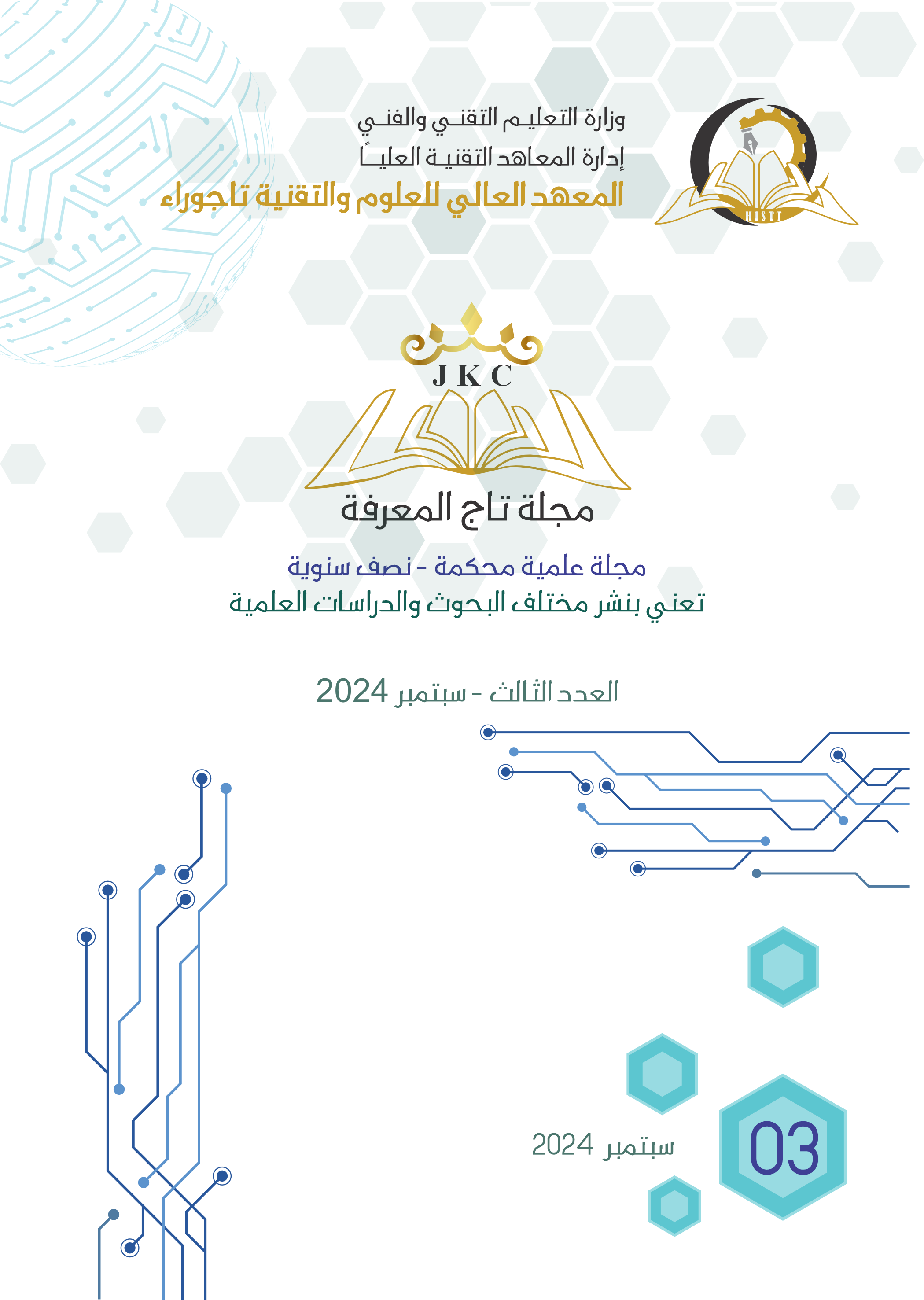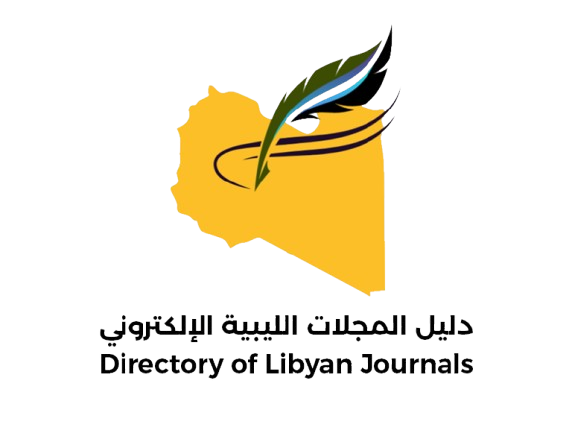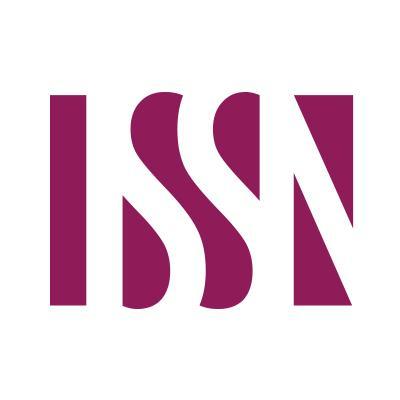A Conceptual Framework to Investigate Libyan Students’ Readiness to Learn Computer Science Subjects Using Massive Open Online Course (MOOC)
الكلمات المفتاحية:
Computer Science, Massive Open Online Course, Connectivist Learning Theory, Conceptual Framework, Libyan Studentsالملخص
The The dawn of Massive Open Online Courses (MOOCs) has revolutionized the educational landscape, offering unprecedented access to quality education. This paper explores the readiness of Libyan students to engage in computer science subjects via MOOCs, a modality that promises to overcome traditional educational barriers. The study aims to assess the advantages and challenges associated with MOOC adoption among Libyan students and proposes a conceptual framework to facilitate this investigation. Key variables such as internet discussion, technology access, technology skills, and motivation are examined to determine their impact on students' readiness for MOOC-based learning. The findings highlight the potential of MOOCs to enhance learning outcomes and provide cost-effective educational opportunities for students in Libya. This study contributes to the understanding of MOOC implementation in developing countries and offers insights into improving the integration of online learning platforms in the educational systems of such regions.
التنزيلات
منشور
إصدار
القسم
الرخصة
يوافق المؤلفون الذين ينشرون في هذه المجلة على الشروط التالية:
-
الاحتفاظ بحقوق الملكية: يحتفظ المؤلفون بحقوق الطبع والنشر لأعمالهم، ويمنحون المجلة حق النشر الأول (Right of First Publication).
-
رخصة الاستخدام: تخضع جميع الأعمال المنشورة في هذه المجلة لرخصة المشاع الإبداعي: نَسب المُصنَّف - غير تجاري 4.0 دولي (CC BY-NC 4.0).
-
حقوق القراء والآخرين: بموجب هذه الرخصة، يُسمح للآخرين بنسخ وتوزيع وعرض العمل، واشتقاق أعمال أخرى منه، بشرط:
-
نَسب العمل: ذكر اسم المؤلف الأصلي والمجلة (الاستشهاد المرجعي الصحيح).
-
غير تجاري: لا يجوز استخدام العمل لأغراض تجارية.
-
-
حقوق المؤلف الإضافية: يحق للمؤلفين نشر أعمالهم (مثل النسخة النهائية المنشورة) في مستودعات مؤسسية أو على مواقعهم الشخصية بعد النشر في المجلة، مع الإشارة إلى أن المجلة هي مكان النشر الأول.







